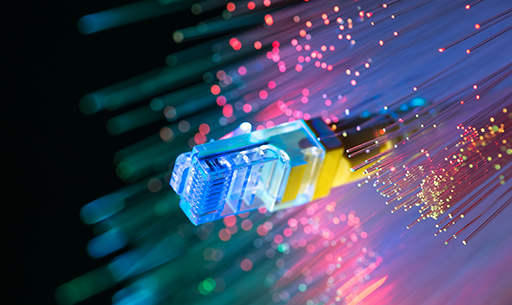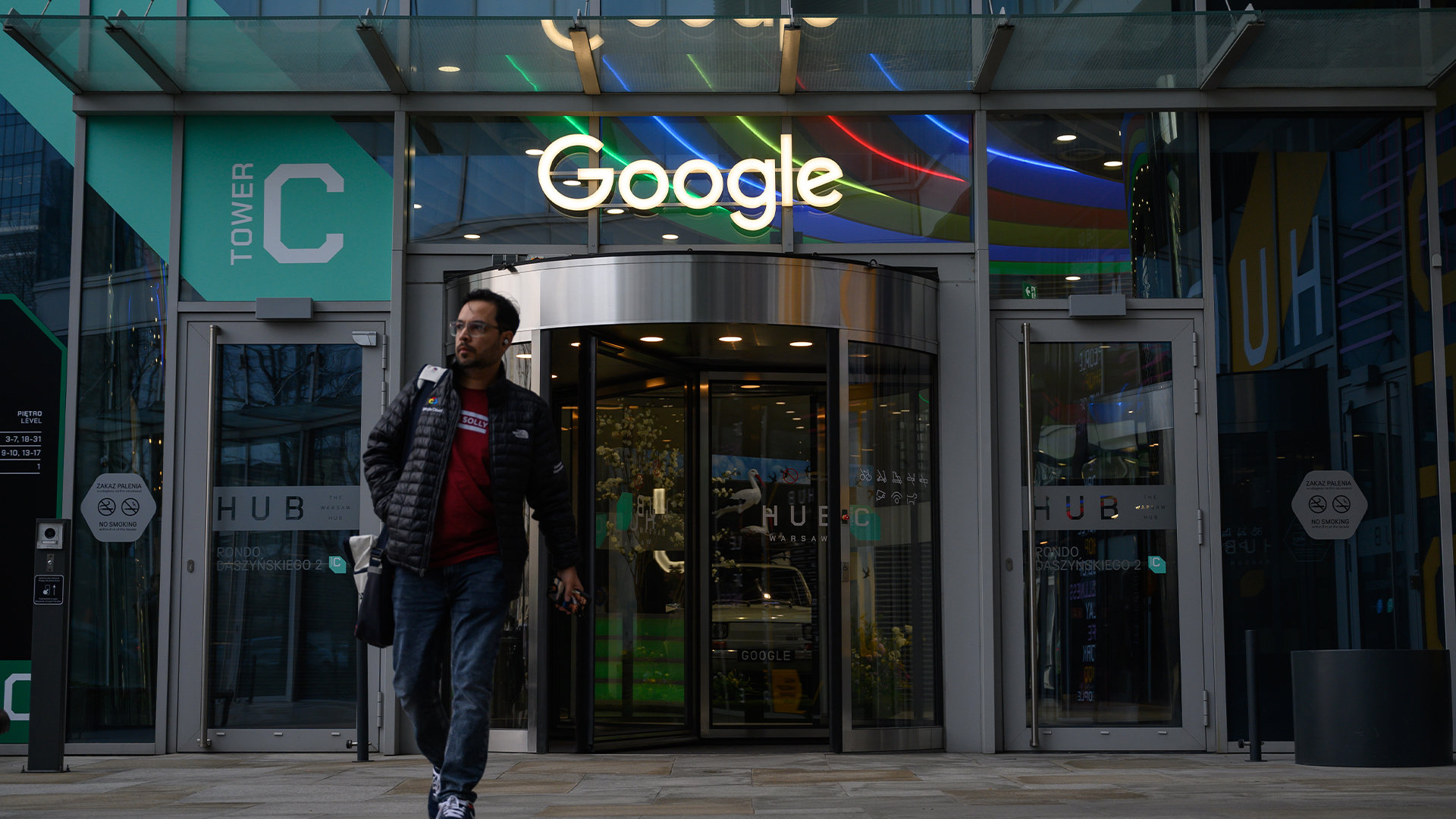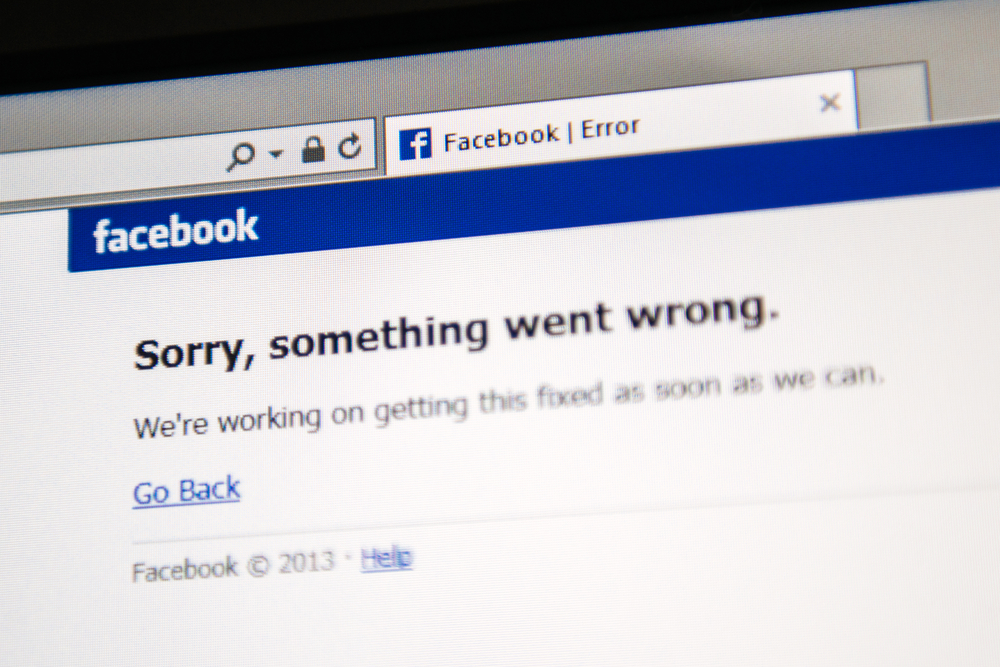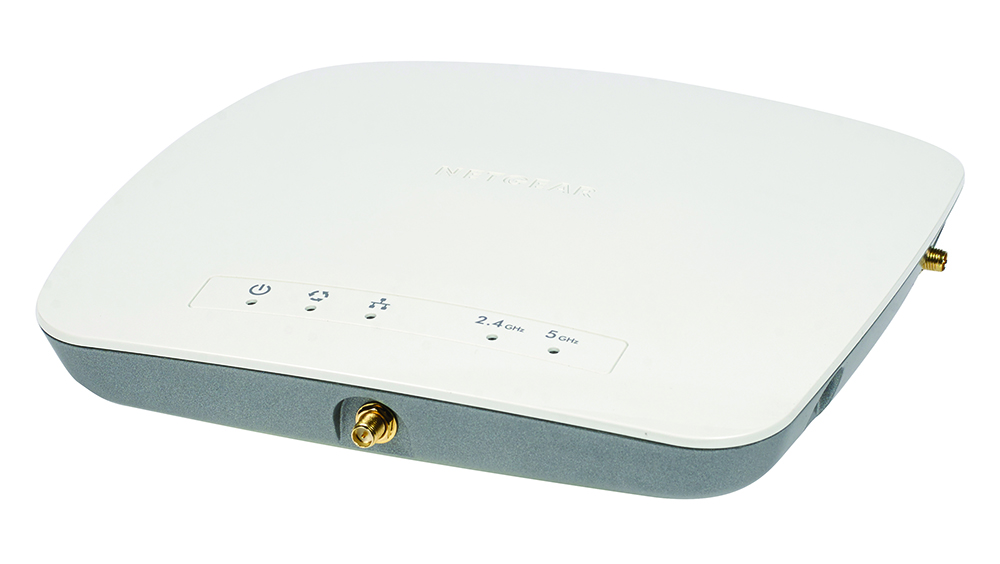What is a DHCP server?
We take a closer look at what a DHCP server is, and how it can make network administration easier

Dynamic Host Configuration Protocol (DHCP) servers play a critical role in supporting modern businesses - especially amidst a period of remote and hybrid work.
With businesses having shifted en-masse to a remote and online environment during the pandemic, this prompted IT teams around the world to focus on protecting and managing the vital networks that support operations and keep the business running.
Ensuring the safety of all these remote terminals has been a key challenge during this period, largely because not all employees will be literate in cyber security best practices. One area of concern is manually configuring devices to a network by setting the IP address. It isn't a very time-efficient process and might be beyond the capabilities of the average office employee, but it is important. This is where DHCP comes into play.
What is DHCP and how does it work?
DHCP is used by organisations to connect their Transmission Control Protocol (TCP) to an Internet Protocol (IP), both of which are needed to set up a connection between devices on a network.
DHCP makes this easier by automating the configuration of IP addresses across the width of a corporate network, and managing these addresses as devices connect without the need for IT teams to assign IPs manually. This is a key part of configuring the Domain Name Server (DNS) and subnet masks, alongside default gateways.
The DHCP resides in a DHCP server, from where it distributes IP addresses to devices that connect with the corporate network. This server also configures other pieces of networking information without requiring manual input.
In a small business or home environment, the DHCP server can simply be the router, while in a larger business it might be a single dedicated computer or server.
Get the ITPro daily newsletter
Sign up today and you will receive a free copy of our Future Focus 2025 report - the leading guidance on AI, cybersecurity and other IT challenges as per 700+ senior executives

By using a client-server model, a DHCP server becomes the host, while the device connected to the network is the client. As soon as the client makes a request to the network for an IP address, the host assigns an IP address taken from a list of available options it holds. This then allows the communication between the device and the network to happen.
Main advantages of a DHCP server
One of the main benefits of using a DHCP server compared to other networking solutions is that it's a lot faster to set up a TCP/IP network. Additionally, it's much easier to manage such a network because there's no heavy lifting - the server automatically assigns IP addresses so IT staff don't have to.
IT staff can instead be tasked with carrying out more transformative tasks, rather than the mundane, but simple tasks that end up consuming a lot of manpower.
Other benefits of using a DHCP network include that there are less likely to be conflicts between devices. Because the server assigns IP addresses, rather than humans, it ensures no two devices are given the same.
Other benefits include:
IP Address Management: If you decide against using a DHCP server, you'll instead need to make sure you have the resource and time to manually move clients to subnets without the need for human interaction at all. All the network information is passed to the client from the DHCP server, so no manual work is required at all.
Centralised network client configuration: If you need a range of different of configurations for each client, you can create client groups, so each has different set-ups according to your business's requirements. All of this information is saved in the DHCP data store and this is where the configuration can be changed to roll out to all clients, without having to change them manually.
Large network support: DHCP is especially advantageous to networks with millions of DHCP clients, as they can use the server over multithreading to process many client requests simultaneously. The server also supports data stores that are optimised to handle large amounts of data. Data storage access is handled by separate processing modules and thus enables you to add support for any database that you require.
Do I need DHCP?
It's very likely that your business is already using DHCP protocols on its network – mainly because it simplifies the process of assigning fixed IP addresses to new devices joining the network.
This task would be fairly difficult for any big organisation to do manually, especially one that sees hundreds, or even thousands of devices connect to their network every day, each needing their own unique IP address.
Thanks to DHCP, this process can be automated through a handy feature called dynamic IP assignment. This automatically grants new IP addresses to devices that join the network and, crucially, delists them automatically once a device disconnects.
RELATED RESOURCE

Flexible IT models drive efficiency and innovation
A modern approach to infrastructure management
In some cases, it might be useful to assign manual addresses, although realistically there are a few reasons why you might want to go around DHCP. One such example would be on devices that benefit from having static IP addresses, like printers, scanners, file transfer servers, and others which require a constant connection with the network. In this case, using DHCP would need the device to update its connection setting each time it tried to communicate with the printer.
If you’re utilising machines that can be accessed remotely by staff, you might find similar issues with DHCP. If you assign a dynamic IP address to a remote server, it may cause issues with any software or applications that need a static IP connection. This is because it required details to be updated each time.
This is impractical. But even when DHCP is used across a server and network there's the option to manually assign static IP addresses to some devices - so really there's no drawback, regardless of the size of your business.
It's therefore worth taking a considered approach to what devices will benefit from static IP addresses and manually configuring them, then using DHCP to take care of assigning the rest of the IP addresses, leaving you and your IT team free to carry out more interesting and innovative work.
Things to be aware of with DHCP
Security Issues: DHCP automation is by no means risk-free and can cause serious cyber security issues. A rogue DHCP server being introduced to the network, for instance, can lead to data leaks with unauthorised parties intercepting connections - otherwise known as a 'man in the middle' attack.
Failure: Networks can also fail, particularly if only a single DHCP server is in place. Once that server fails, any connected devices that don't already have an IP address will try and then fail to connect.
Even the devices that were already on the IP address before the server failure will have issues. They will attempt to renew the IP and ultimately lose it, which will see complete network access loss until the server is restored.
Dale Walker is a contributor specializing in cybersecurity, data protection, and IT regulations. He was the former managing editor at ITPro, as well as its sibling sites CloudPro and ChannelPro. He spent a number of years reporting for ITPro from numerous domestic and international events, including IBM, Red Hat, Google, and has been a regular reporter for Microsoft's various yearly showcases, including Ignite.
-
 Google tells some remote workers to return to the office or risk losing jobs
Google tells some remote workers to return to the office or risk losing jobsNews Google has warned remote workers will need to return to the office or else lose their jobs, according to reports.
By Ross Kelly
-
 IBM puts on a brave face as US government cuts hit 15 contracts
IBM puts on a brave face as US government cuts hit 15 contractsNews Despite the cuts, IBM remains upbeat after promising quarterly results
By Nicole Kobie
-
 Facebook blames faulty configuration change for hours-long outage
Facebook blames faulty configuration change for hours-long outageNews The update caused a "cascading effect" that brought all of the social network's services to a halt
By Bobby Hellard
-
 How your network can take on the cloud - and win
How your network can take on the cloud - and winWhitepapers Think beyond traditional networking toward a secure digital perimeter
By ITPro
-
 Aruba's SD-Branch hooks SD-WAN, wired and wireless networks together
Aruba's SD-Branch hooks SD-WAN, wired and wireless networks togetherNews Cloud-managed policy controls simplify network management for small IT teams
By Adam Shepherd
-
 The Tube is getting total web coverage from 2019 and London's getting a broadband boost
The Tube is getting total web coverage from 2019 and London's getting a broadband boostNews Sadiq Khan wants the capital to be better connected, and he’s got a plan on how to do it
By Vaughn Highfield
-
 Telcos offer Europe 5G networks if EU weakens net neutrality
Telcos offer Europe 5G networks if EU weakens net neutralityNews Mobile companies say net neutrality threatens their returns on investment in 5G
By Aaron Lee
-

 Netgear ProSafe WAC730 review
Netgear ProSafe WAC730 reviewReviews Top value, features and four management modes make deploying a business wireless network easy
By Dave Mitchell
-
 Mitsubishi Outlander hybrid car can be wirelessly hacked
Mitsubishi Outlander hybrid car can be wirelessly hackedNews Wi-Fi loopholes allowed vehicle’s lights to be turned on, charging settings tweaked and battery drained
By Aaron Lee
-
 Amazon under renewed fire over TLD grab
Amazon under renewed fire over TLD grabNews Internet giant irks publishers after making a play for .book, .author and .read
By Jane McCallion